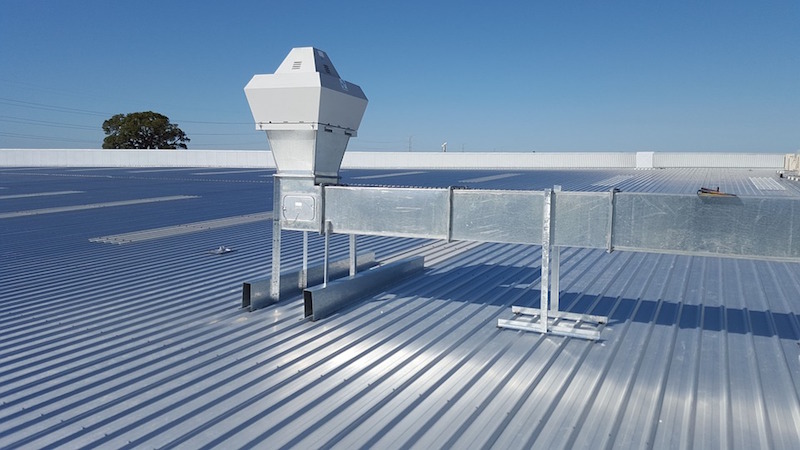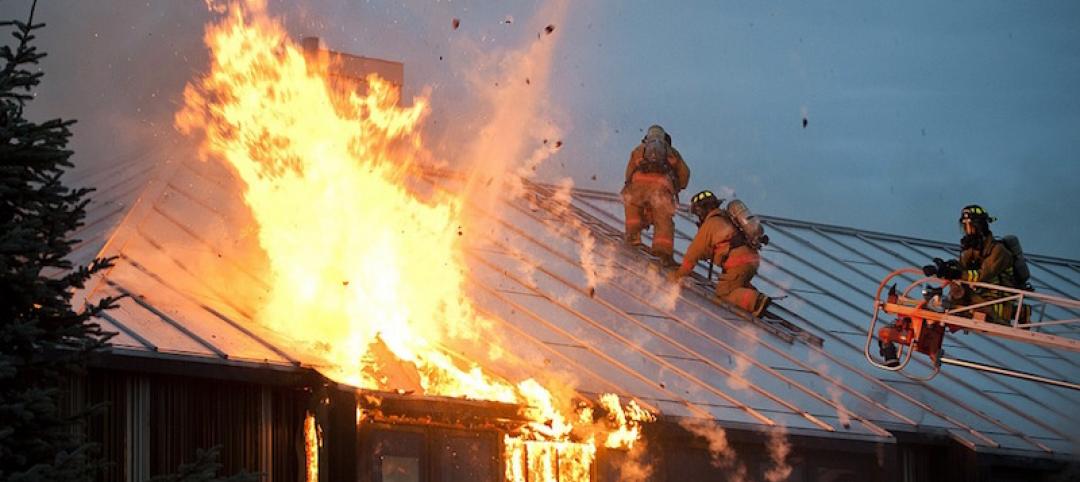A group of commercial manufacturers supported by International Association of Plumbing and Mechanical Officials (IAPMO) and members of the Hydronics Industry Alliance, a Committee of the Radiant Professionals Alliance, have released BEST: The Building Efficiency System Tool.
Available free of charge, BEST allows users to accurately compare different styles of HVAC systems. HVAC systems are all tested to different standards, with various efficiency ratings (EER, IEER, SEER, COP, HSPF), as they are applied in an actual building.
BEST uses the Building Energy Efficiency Ratio (BEER), which takes certified AHRI data, manufacturers’ published performance data at multiple performance points, as-applied correction factors, performance curves for components, pipe and duct required in a typical system. It combines these elements to bridge the gap between certified equipment efficiencies and real-world building system efficiencies.
Users enter the square footage of the building, the number of stories, and the nearest city for local weather data, and then choose up to four types of HVAC systems to compare from more than 30 pre-loaded systems.
BEST features more than 100 default input settings, including system cost per square foot (provided by more than 50 contractors around the U.S.), each of which are adjustable to model any building in any location. BEST outputs estimated installation cost, replacement cost, maintenance cost, monthly energy cost, electrical and fossil fuel consumption costs, total life cycle cost, cumulative life cycle cost by year, system payback time (as compared with other modeled systems), pump and fan HP, system integrated energy efficiency ratio (IEER), coefficient of performance (COP), and more.
Related Stories
Codes and Standards | Jul 27, 2017
Five fire scenarios tested on full-scale mass timber building
Results will help inform code changes.
Codes and Standards | Jul 26, 2017
New ISO standard on video fire detectors will help identify fires more quickly
The standard marks the first comprehensive international specification for this equipment.
Codes and Standards | Jul 25, 2017
Geotechnical solutions prevent building distress due to expansive clay soils
The condition is the most common geologic hazard in the U.S.
Codes and Standards | Jul 24, 2017
Non-union labor gaining ground in New York City
President of contractors’ group says competitive pricing is spurring more open shops.
Codes and Standards | Jul 20, 2017
New tallest tower west of the Mississippi built to stringent seismic standards
L.A.’s new 1,100-foot skyscraper dominates city’s skyline.
Codes and Standards | Jul 20, 2017
Chicago rises to the top of U.S. cities in percentage of LEED or Energy Star office buildings
Certified office buildings reach 66% in windy city.
Codes and Standards | Jul 19, 2017
Economic impacts of climate change will jump over next two decades
Average annual cost to buildings and infrastructure from eastern storms to rise by $7.3 billion.
Codes and Standards | Jul 18, 2017
Energy modeling yields accuracy within 4%, says new study
Results of the study support the usefulness of the practice.
Codes and Standards | Jul 13, 2017
Net Zero Energy rebranded as ‘Zero Energy’
ILF aims to make new certification the sole standard for highest performing buildings.
Codes and Standards | Jul 13, 2017
New York City creates $10 million fund to help women- and minority-owned firms win construction contracts
The money is earmarked for up to $500,000 surety bonds per contract.















